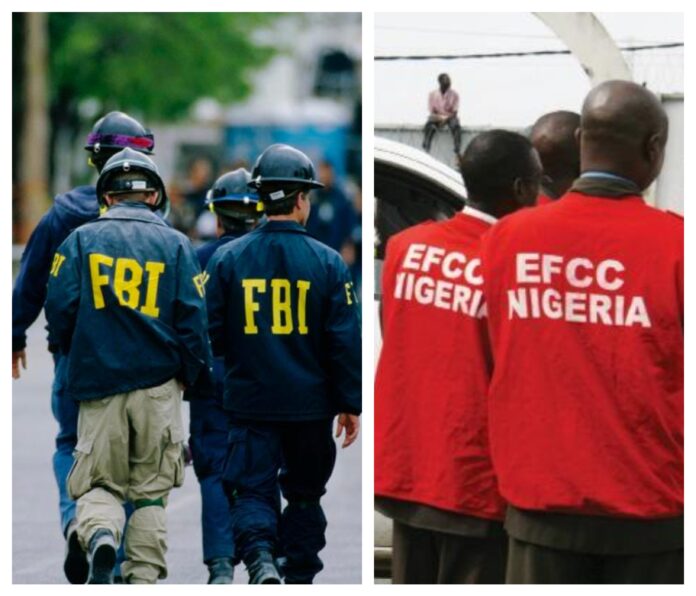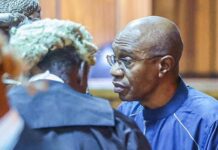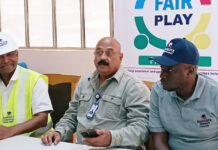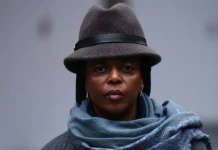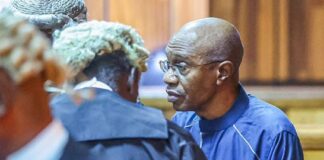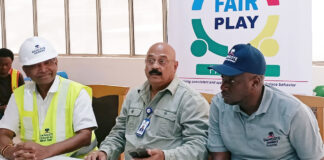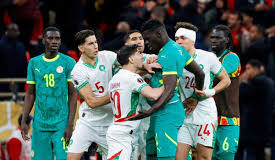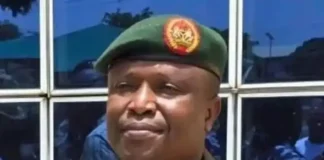FBI, EFCC Partner To Battle Cybercrime, Other Emerging Criminal Threats
The two agencies have had a long-standing relationship, and this meeting aimed to take their partnership to the next level
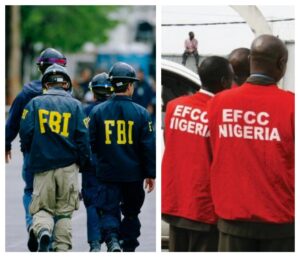
The Economic and Financial Crimes Commission (EFCC) and the Federal Bureau of Investigation (FBI) on Friday said they will collaborate to tackle cybercrime and other emerging criminal threats.
EFCC Chairman, Ola Olukoyede, and FBI Director, Christopher Wray, met in Abuja on Friday to strengthen their partnership. Wray led a team of top FBI officials, while Olukoyede was accompanied by senior EFCC officials.
Disclosing this in a statement, EFCC spokesman, Dayo Oyewale, said the two agencies have had a long-standing relationship, and this meeting aimed to take their partnership to the next level.
“We have had a relationship over the years and this is a reflection of how stronger than ever we are looking forward to taking our partnership to higher and higher levels in tackling threats that affect the people of Nigeria and the people of the United States,” the FBI director was quoted as saying.
“We have had close partnerships in shared values and focus and I want to say thank you for the wonderful partnership. Thank you for your hospitality and in particular for the partnership that exists between the FBI and the EFCC across a wide range of threats that we face together.”
On his part, the EFCC chairman highlighted the commission’s new direction, focusing on prevention, public enlightenment, and e-procurement to tackle contract and procurement fraud.
Olukoyede stated, “We value the partnership between the Economic and Financial Crimes Commission, EFCC, and the Federal Bureau of Investigation, FBI. Over the years, this partnership has existed and it is for mutual benefit.
“We have to acknowledge that we have benefitted from your manpower and capacity development programmes, which have added value to the capacity of our operatives and our Academy.
“We also want to thank you for the technical support that you have provided over the years for the EFCC and by extension, Nigeria.”

